We recently attended EGOVIS 2024, part of the DEXA 2024 Conferences (https://www.dexa.org/), an event that highlights digital transformation in e-government. Experts from academia, public administration, non-governmental organizations, and industry gathered to explore key topics such as artificial intelligence, cloud computing, and digital inclusion.
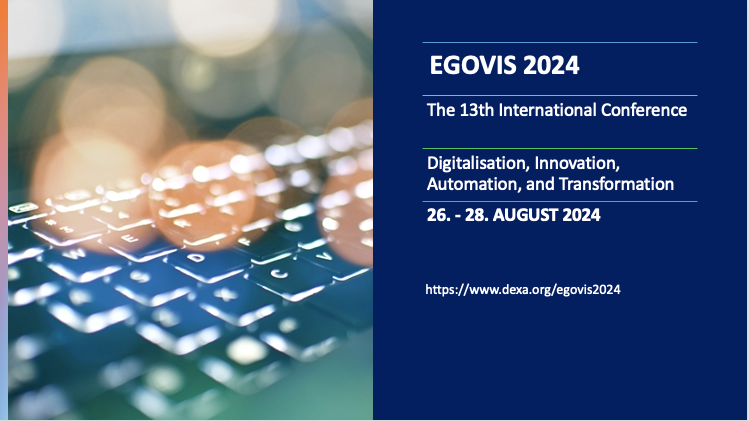
A key focus of our discussions was how marginalized groups engage—or could potentially engage—in online civic participation activities. We explored the inclusive approach method, which identifies key enablers and barriers, including direct citizen participation and the involvement of representatives from diverse vulnerable groups through a Delphi study. While technology is essential, effective policy actions are equally crucial for engaging these communities.

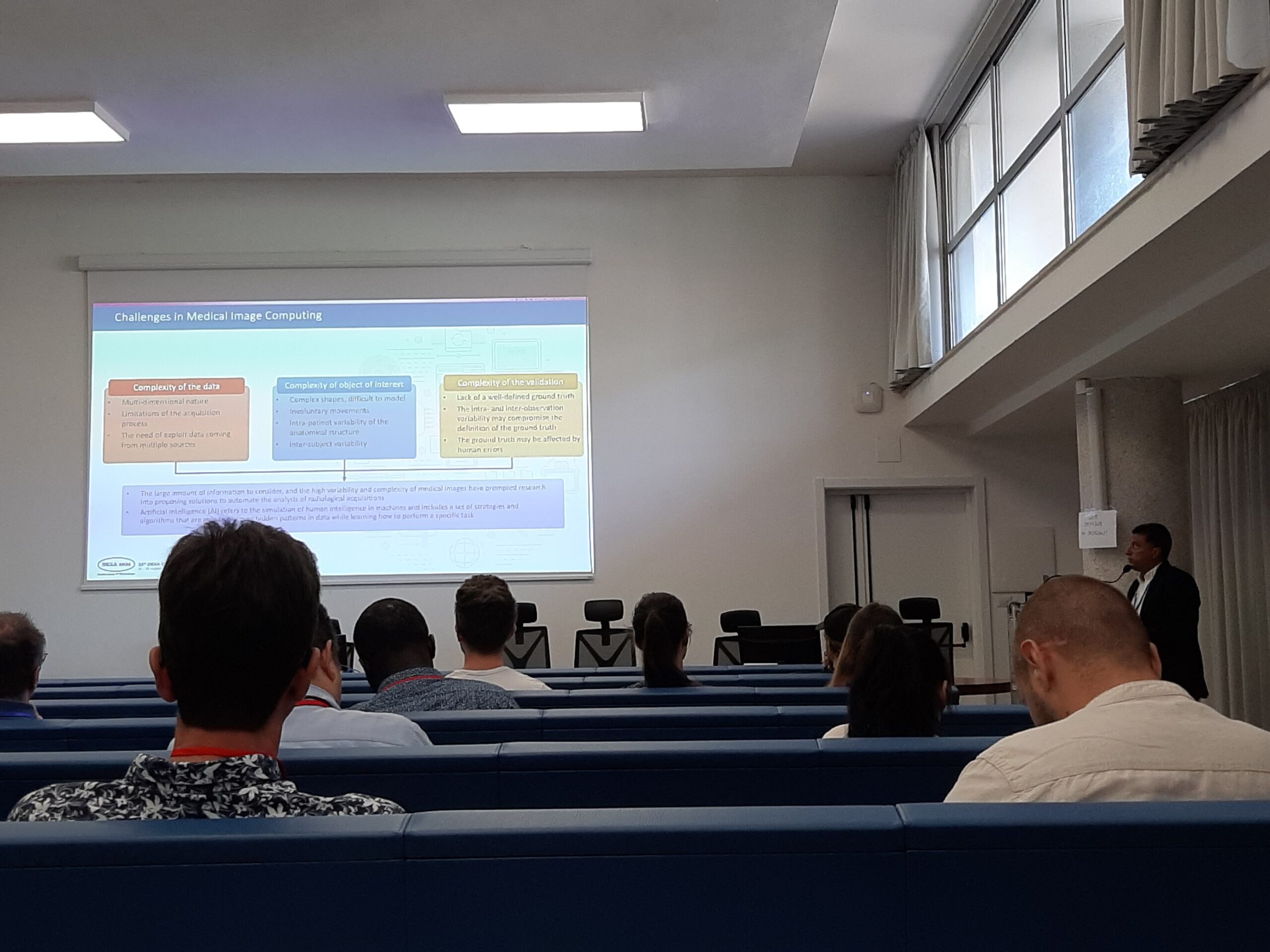
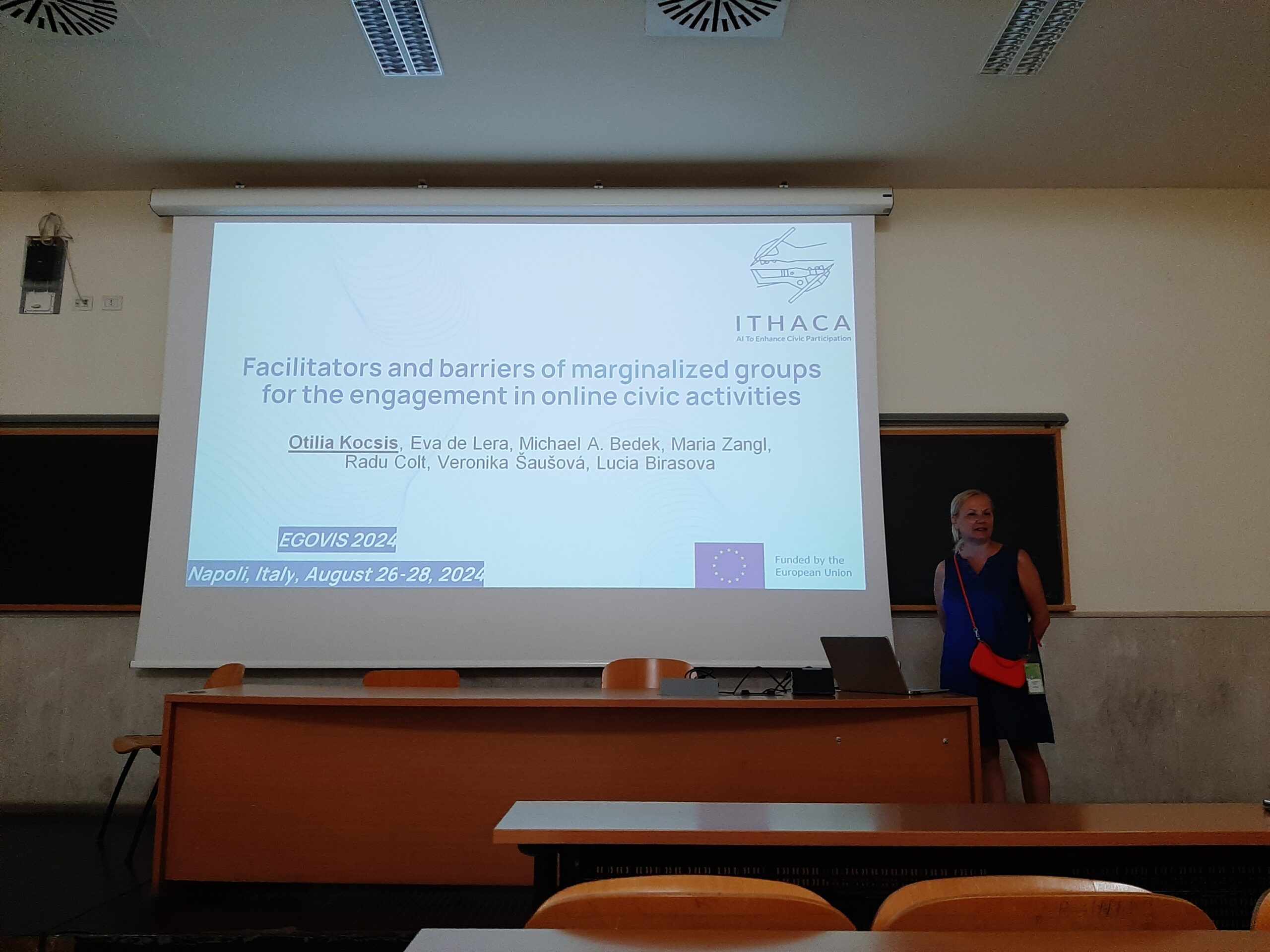
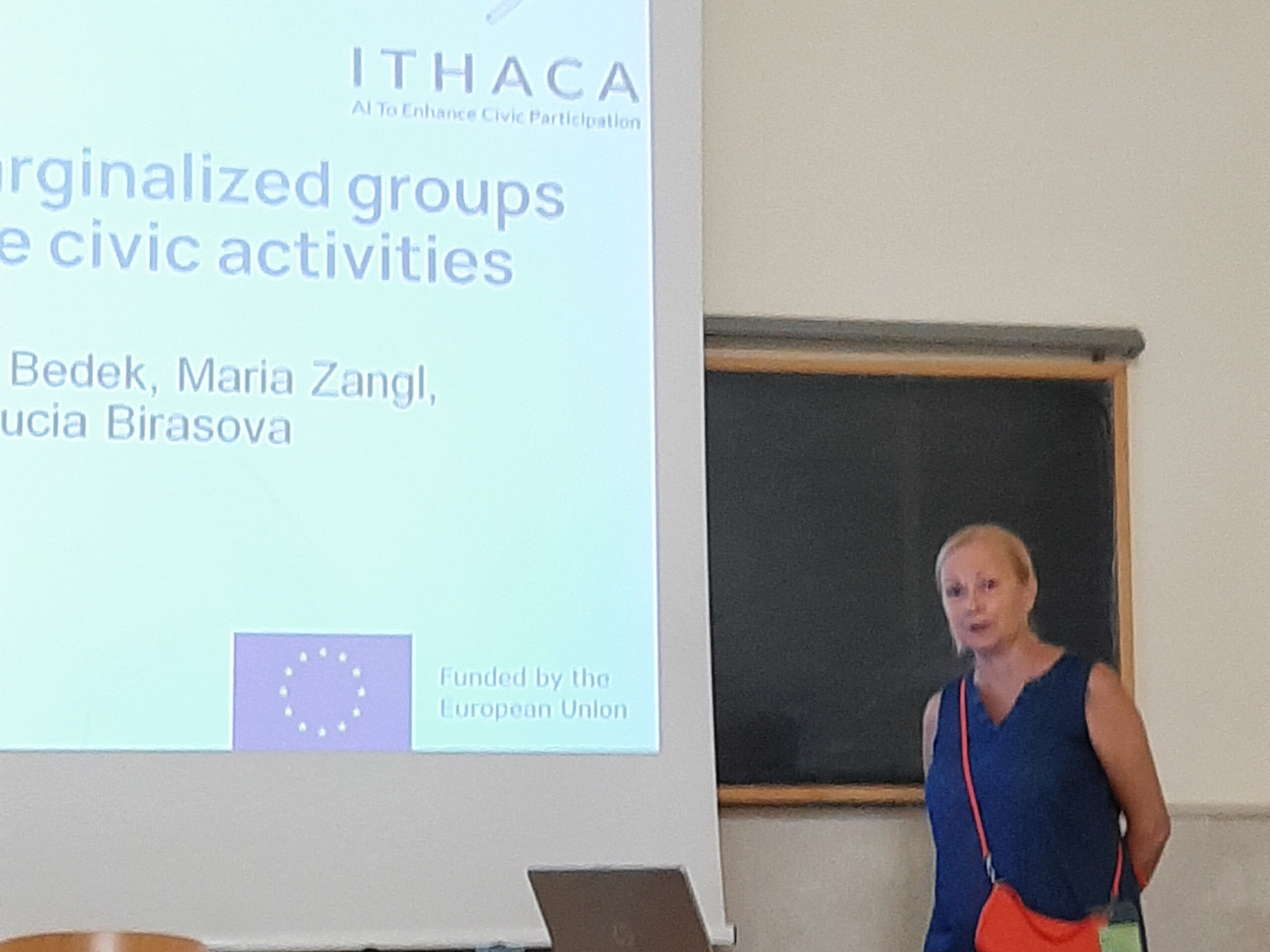
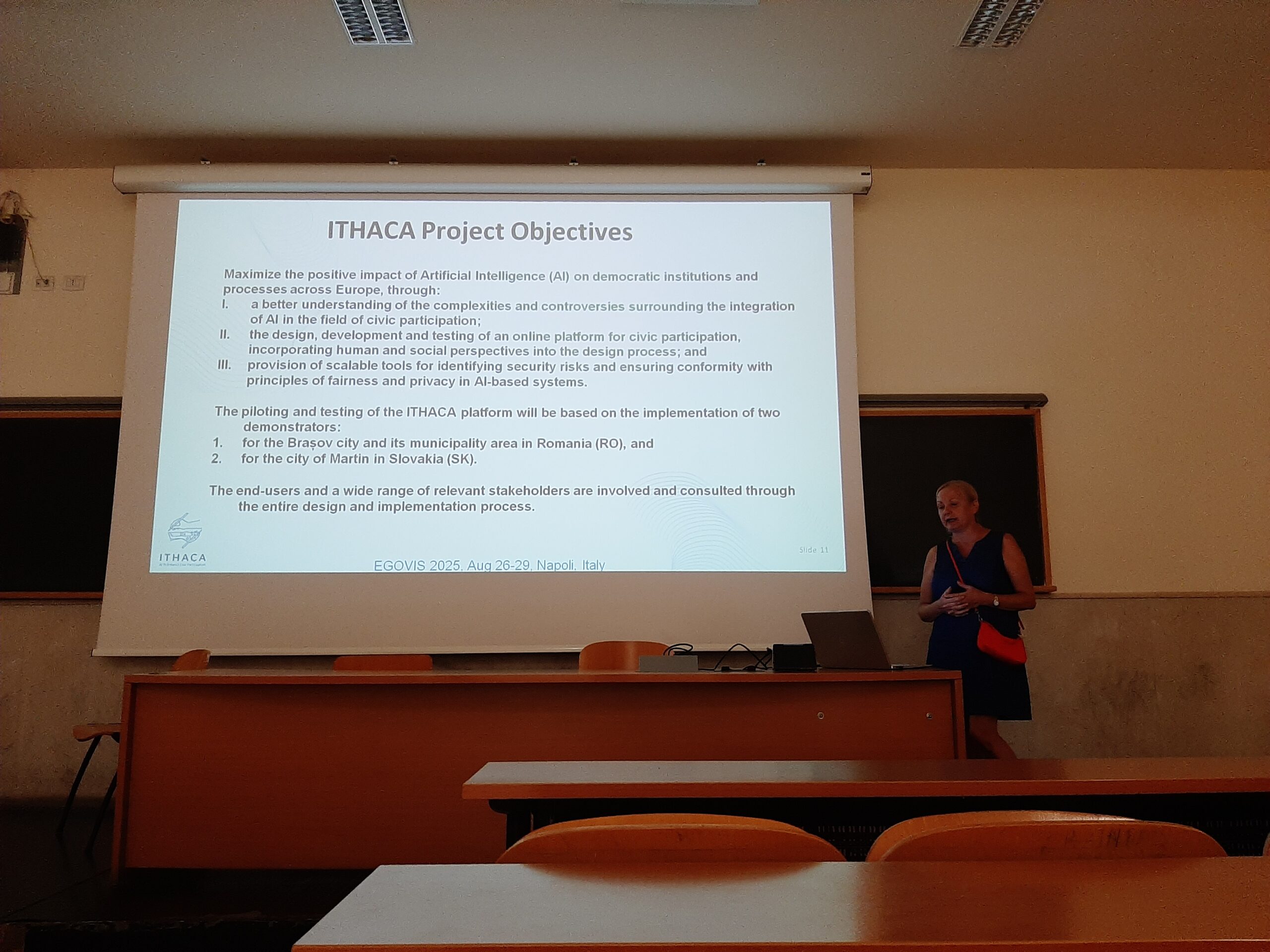
The rapid advancement of Information and Communication Technology (ICT) over the past two decades has transformed many aspects of daily life. However, despite efforts toward „digital inclusion,” significant gaps persist in access to technology and its benefits. Digital inequalities remain particularly visible across Europe, as highlighted by the 2022 Digital Economy and Society Index (DESI). While progress has been made in areas like connectivity and digital services, many countries still struggle to close the gap.
One critical area where digital inclusion is essential is civic engagement. Modern societies rely on citizen participation in decision-making processes, and digital platforms offer a new avenue for such engagement. However, marginalized groups—such as the elderly, ethnic minorities, people with disabilities, and individuals with low income or education—often face additional barriers in accessing these tools. While platforms like Decide Madrid and Better Reykjavik aim to be inclusive, they often fall short of reaching these vulnerable groups.
Addressing this challenge, the ITHACA project focuses on creating AI-driven civic participation platforms that prioritize inclusion. By incorporating human and social perspectives in the design process, ITHACA aims to ensure fair, accessible, and secure digital engagement for all citizens. Pilot projects in Romania and Slovakia will help identify the specific needs and challenges faced by marginalized communities, with the ultimate goal of fostering equal opportunities for civic participation across Europe.
The ITHACA project not only aims to improve technological accessibility, but also seeks to understand the motivations and needs of users. Successful civic platforms must account for the complex interplay of societal and personal factors, from generational differences to dispositional barriers. By involving a wide range of stakeholders and focusing on vulnerable populations, ITHACA is taking a holistic approach to ensure that no one is left behind in the digital era.
We’re proud to share that ITHACA partners contributed to this important work with our paper, which you can find here: https://link.springer.com/book/10.1007/978-3-031-68211-7?sap-outbound-id=3E67E55ECCAC9E4A33759D144654DE164259071C&utm_source=standard&utm_medium=email&utm_campaign=000_LAN36_0000019083_Book%20author%20congrats%20NEW&utm_content=EN_34155_20240819&mkt-key=F7A1A70A77311EDF96E92D9109961ABC

Funded by the European Union. Views and opinions expressed are however those of the author(s) only and do not necessarily reflect those of the European Union or the Europe Research Executive Agency. Neither the European Union nor the granting authority can be held responsible for them.